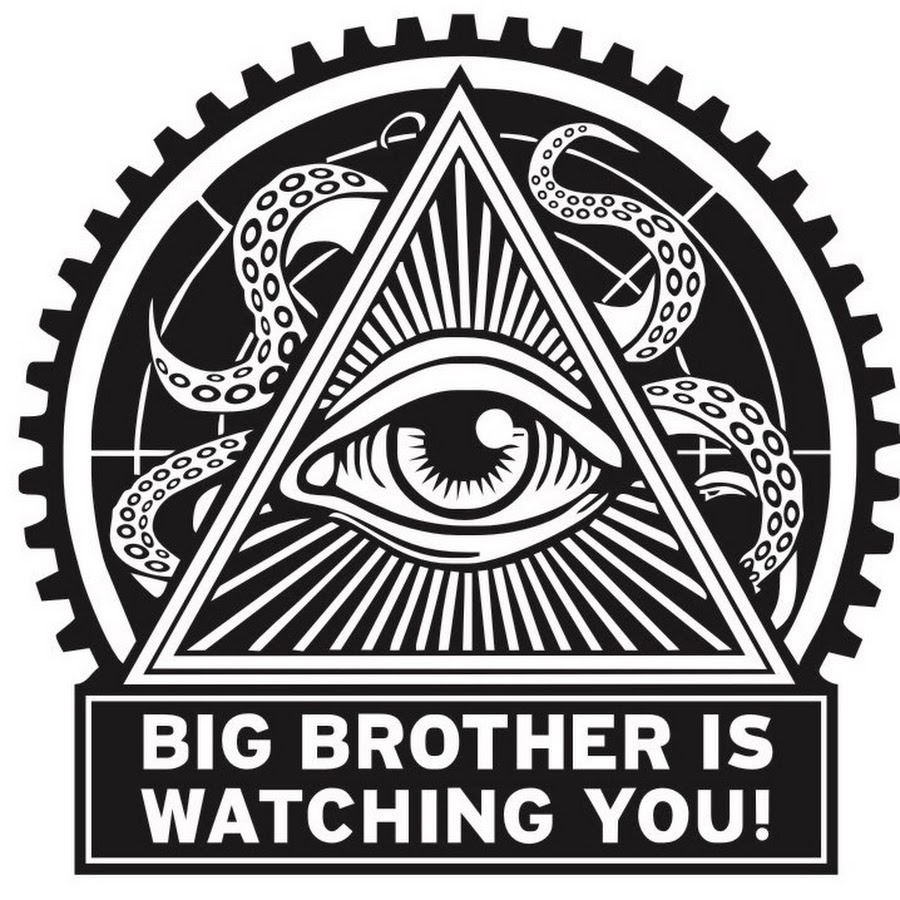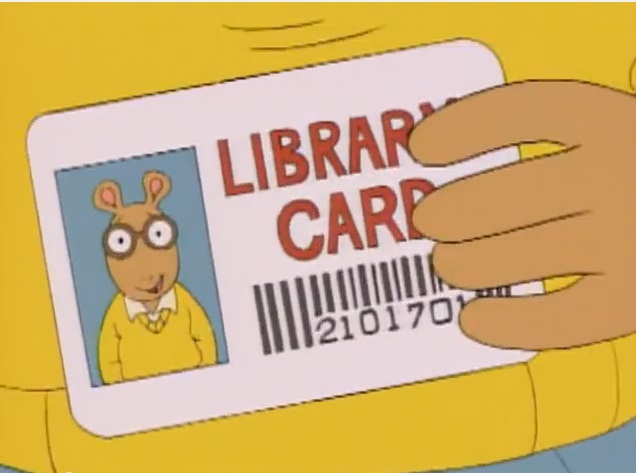

I’m generally with you on that… but what leg would I have to stand on? The states love their “abandoned” property law which feeds them, and the brokerage is happy to accommodate, to force people onto their website. I would want to show up to court with some kind of evidence that I did not abandon the property… but I’m not sure what that would be.










They have a fee for just about anything I could request that can be done on the web. But I suppose I could come up with something trivial like asking what my balance is. I like the idea of costing them by using the time of their call center as a penalty for trying to push me onto their website.